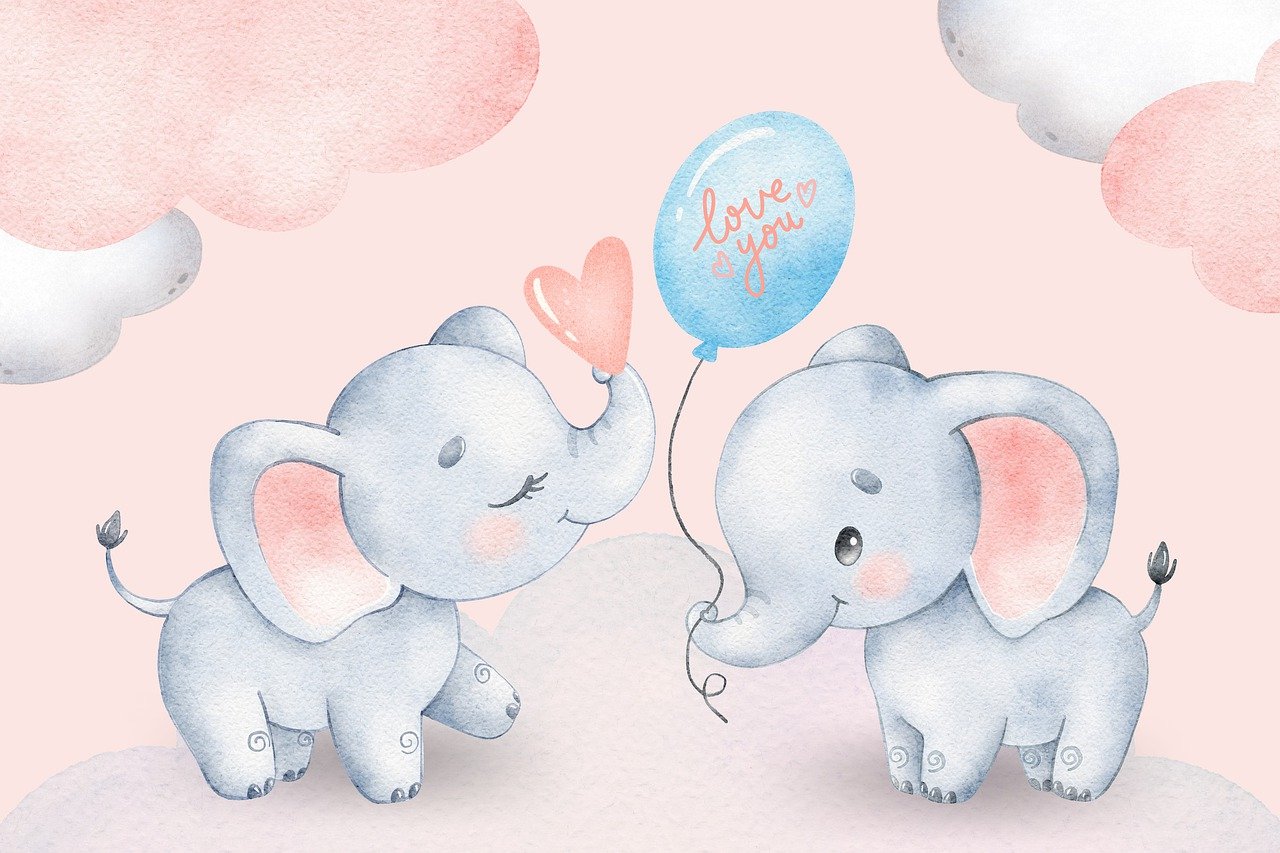Valentine’s Day is celebrated every year on February 14th, is a day filled with love, affection, and connection. For many years, it has been a special occasion for lovers, friends, and families to express their feelings and appreciation for one another. Whether you’re celebrating with a significant other, friends, family, or even enjoying some self-care, Valentine’s Day presents an opportunity to reflect on the power of love and the many ways it manifests in our lives.
The Origins of Valentine’s Day
Valentine’s Day has a rich history that blends elements of mythology, history, and Christian tradition. While the exact origins remain somewhat unclear, there are several theories about how this celebration came to be.
One theory connects the day to St. Valentine, a priest in Rome during the 3rd century. The Emperor at the time, Claudius II, reportedly banned marriages for young men, believing that single soldiers made better fighters. Valentine, defying the emperor’s orders, continued to perform marriages in secret. When his actions were discovered, Valentine was arrested, imprisoned, and eventually executed on February 14th. Over time, his act of defiance and his association with love led to the establishment of the feast day in his honor.
Another theory ties the celebration of Valentine’s Day to ancient Roman fertility festivals, like Lupercalia, which took place in mid-February. These festivals were characterized by rituals celebrating love, fertility, and the coming of spring. As Christianity spread, the Church sought to replace pagan traditions with Christian celebrations, and St. Valentine’s feast day gradually took on the role of a celebration of love.

Modern-Day Celebrations
Today, Valentine’s Day has evolved into a global celebration of love and affection, with the modern observance largely shaped by commercial and cultural influences. It is a day when people exchange gifts, flowers, chocolates, and cards to express their feelings. The most iconic symbol of Valentine’s Day is the heart, representing love, affection, and connection. Red and pink are the colors most commonly associated with symbolizing passion and warmth.
For couples, the day often involves romantic dinners, getaways, and personalized gifts. Restaurants are packed with couples enjoying intimate meals, and florists experience a surge in demand for roses, particularly red ones, which symbolize deep love. Chocolates, often in heart-shaped boxes, have also become synonymous with the holiday. Jewelry and other thoughtful gifts are exchanged as tokens of affection and commitment.
While Valentine’s Day is traditionally associated with romantic love, it has expanded over the years to include friendships and familial relationships as well. In schools, children exchange Valentine’s cards and small treats, fostering a sense of community and care. Many people also use the day to show appreciation for their close friends.
Self-Love and Reflection
Valentine’s Day isn’t just for couples—it’s also an opportunity to celebrate self-love and personal growth. In a world that often emphasizes the importance of relationships with others, equally important. Many people use the occasion to focus on self-care, whether it’s indulging in a favorite treat, engaging in a creative hobby, or simply taking a quiet moment to reflect on their own journey.
The concept of self-love has become increasingly recognized as essential to emotional and mental well-being. Celebrating Valentine’s Day as a time for self-reflection and appreciation can help individuals foster a healthy relationship with themselves. Whether single or in a relationship, nurturing self-love is the foundation for building strong, healthy connections with others.

The Pressure and Expectations of Valentine’s Day
While Valentine’s Day is often viewed as a joyful occasion, it can also bring with it pressure and unrealistic expectations. Society tends to romanticize the day, and for some, the commercialization of love can create feelings of inadequacy or loneliness, particularly for those who are single.
For individuals who are single, Valentine’s Day can feel like a reminder of societal pressures to be in a relationship. However, it’s important to remember that love takes many forms, as a fulfilling life by oneself. The day can serve as a reminder that love is abundant in many aspects of life—whether through friendships, family, or personal growth.
For couples, there can also be pressure to create the “perfect” day. From the ideal gift to a meticulously planned date night, it’s easy to become fixated on grand gestures. In reality, the most meaningful moments often come from the simple acts of kindness, thoughtfulness, and genuine connection.
Valentine’s Day Around the World
Though Valentine’s Day is most commonly associated with Western countries, it is celebrated in various forms around the world. In Japan, for example, women give chocolates to men, with the expectation that the men will reciprocate on White Day, which is celebrated a month later. In Finland and Estonia, Valentine’s Day is more of a celebration of friendship than romantic love, with friends exchanging cards and gifts.
In South Korea, the celebration extends beyond just one day, with people observing several “love” days throughout the year, including Black Day, when singles gather to eat black noodles and reflect on their single status. In many Latin American countries, the day is known as “Día del Amor y la Amistad” (Day of Love and Friendship) and is celebrated with both romantic gestures and the exchange of gifts between friends.
Conclusion
Valentine’s Day is a day that allows us to reflect on the relationships that bring joy, fulfillment, and meaning to our lives. While it’s easy to get caught up in the pressure to celebrate in a specific way, it’s important to remember that the true essence of the holiday lies in connection—whether with a partner, friends, family, or even yourself.

Love is a force that transcends time, culture, and circumstance. It’s a reminder of our shared humanity and the power of compassion, kindness, and understanding. Whether you choose to celebrate with grand gestures or quiet moments of reflection, Valentine’s Day offers an opportunity to appreciate the love that surrounds us and the love we give to others.
